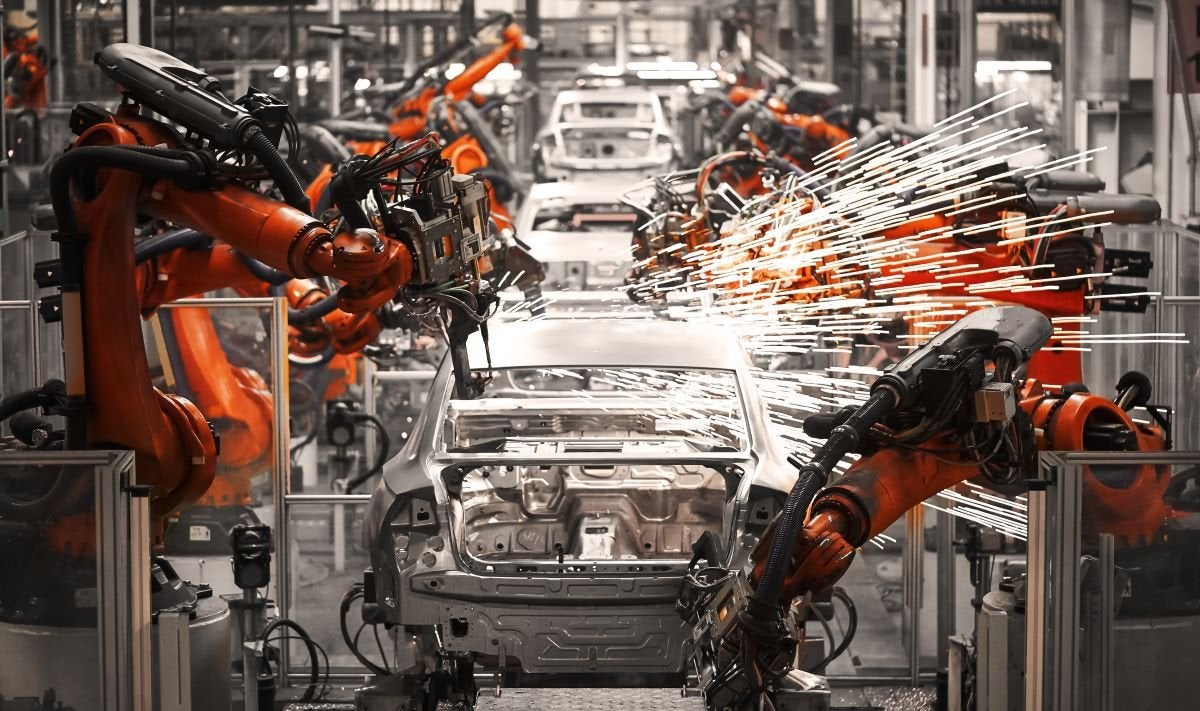
The Brazilian automotive industry built 2,204,000 automobiles and light commercial vehicles in 2023, just 1.3% growth over 2022.
The result reflected a 16% reduction in exports combined with a 29% rise in imports.

Discover B2B Marketing That Performs
Combine business intelligence and editorial excellence to reach engaged professionals across 36 leading media platforms.
Production of lorries and buses fell 37.5% due to the higher costs of new emissions controls that came into force in January last year and hiked retail prices.
Light and heavy vehicles production for the year totalled 2,325,000 thousand vehicles, 1.9% short of 2023.
The sector best sales results were for domestic light vehicles which rose 11.2% tp 2,180,000 units.
Vehicle registrations rose 9.7% to 2,309,000 units, lorries and buses included.
Daily average registrations increased steadily throughout 2023, closing at 12,400 in December, the highest in the last four years.
Last month’s performance was driven mainly by car rental firms purchasing 75,000 units, 30,000 more than in the same month in 2022.
Another registration boost was sparked by anticipated buying and/or promotions in view of the import tax triggered comeback for electrified models, zeroed in 2017, but now at 10% and headed for 35% by July 2026.
Thanks to this wise government decision, good conditions for the local production of electric vehicles are set.
Two Chinese makers, BYD and GWM, have purchased shuttered Ford and Mercedes-Benz plants in Bahia and Sao Paulo states, respectively.
Both plan to produce electric vehicles here but will start with hybrids and plug-in hybrids: BYD in 2025 and GWM in 2024.
Chinese models were responsible mainly for the increase in imported vehicles from 13% in 2022 to 15.3% in 2023.
Mexico became the main destination for Brazilian exports (32% of total) with former top customer Argentina now the runner up.
Exports slumped 16%to 403,900 units.
Anfavea, the national auto manufacturers association, has forecast for 2024:
Registrations: 6.1% growth (2,450 thousand units, light and heavy vehicles).
Production: up 6.2% (2,470,000).
Exports: 0.7% rise (407,000).
Expected sales for 2024 will still be far below the 2012 record of 3.6m which ranked Brazil the world’s fourth largest market.
Fenabrave, the national dealer’s association, on the other hand disagreed with one of Anfavea’s predictions.
It expects 12% growth for domestic cars, trucks and buses to 2,585,000 vehicles.
Who will win the bet at the end of this year?






